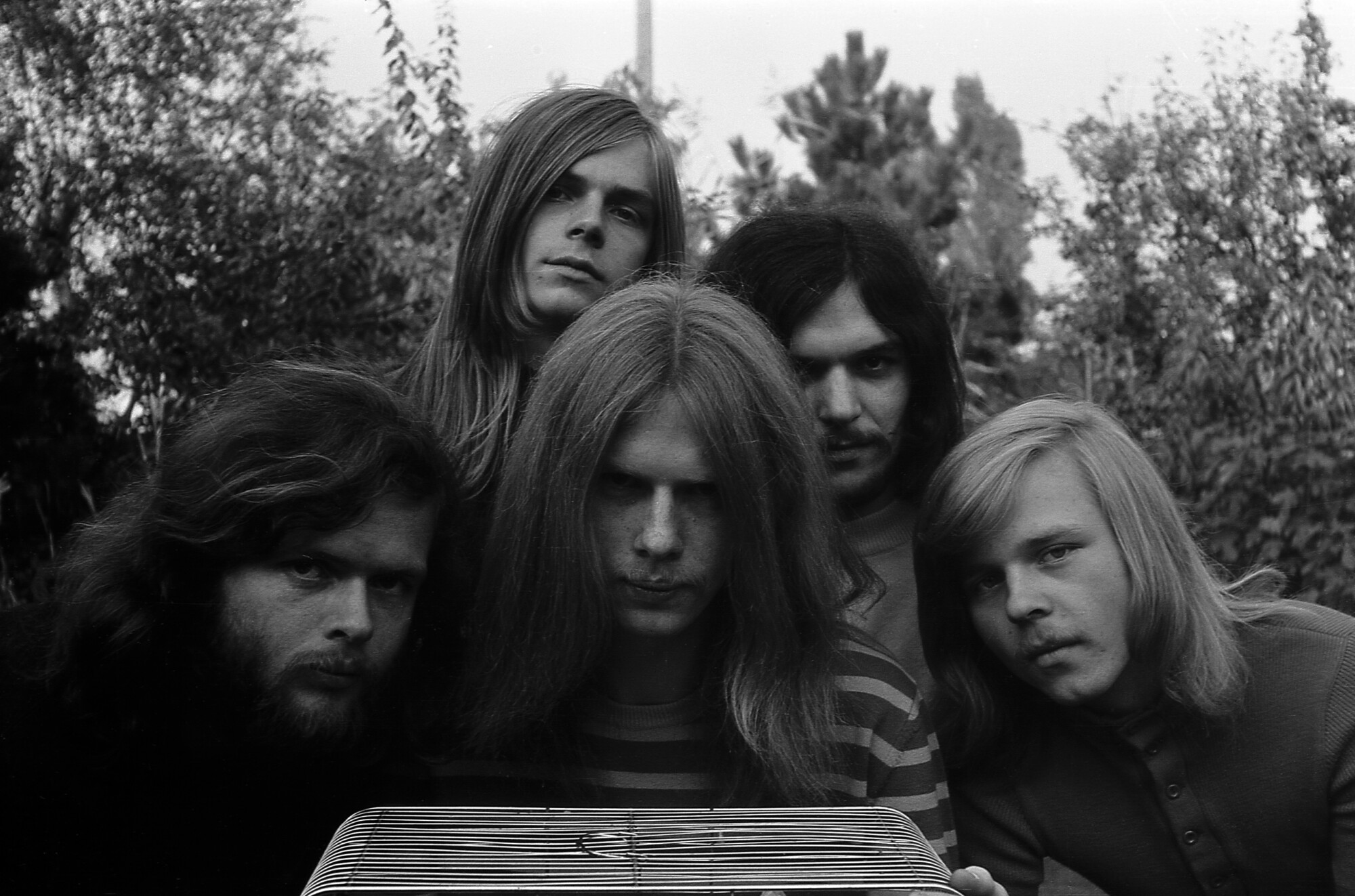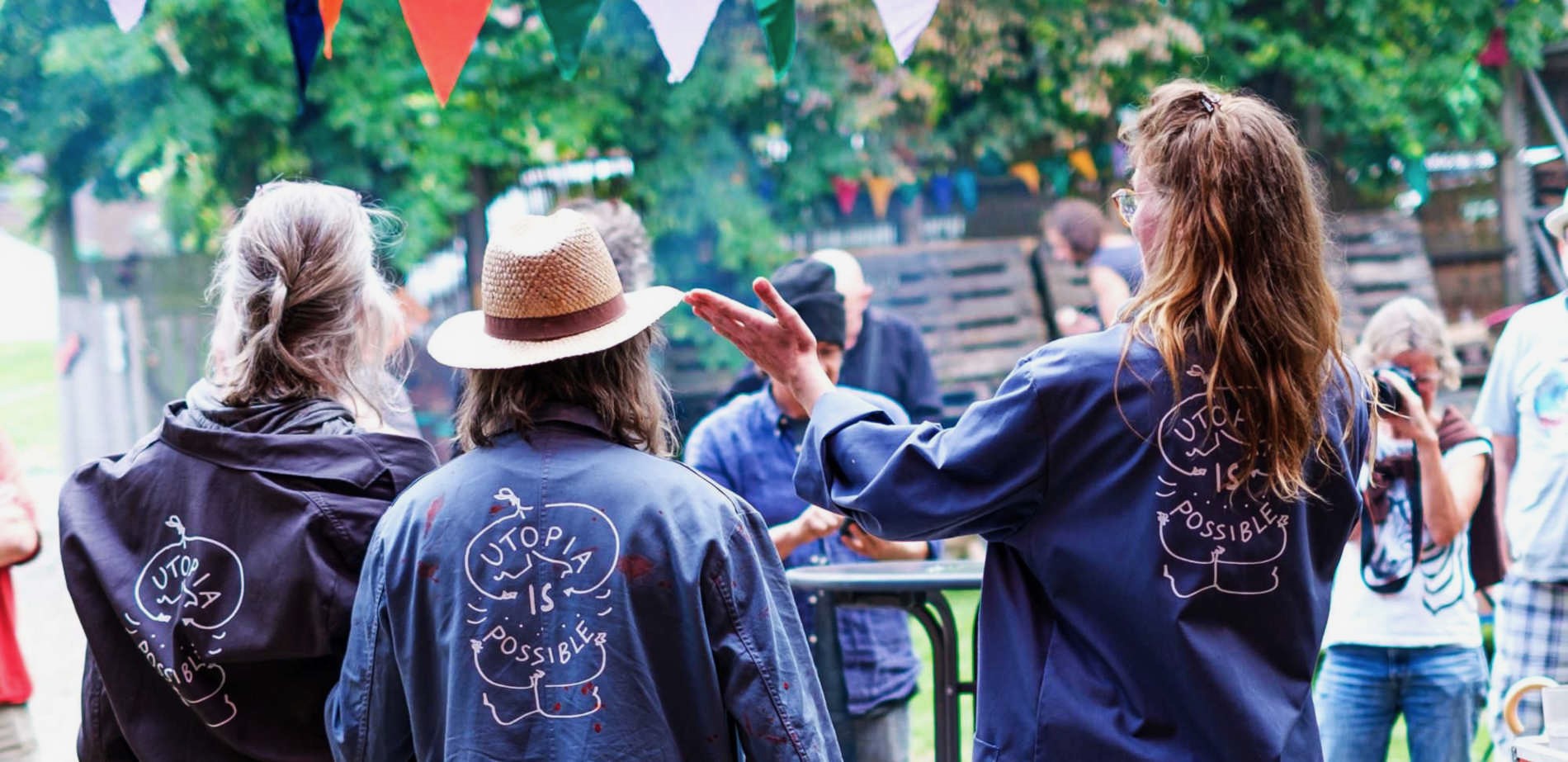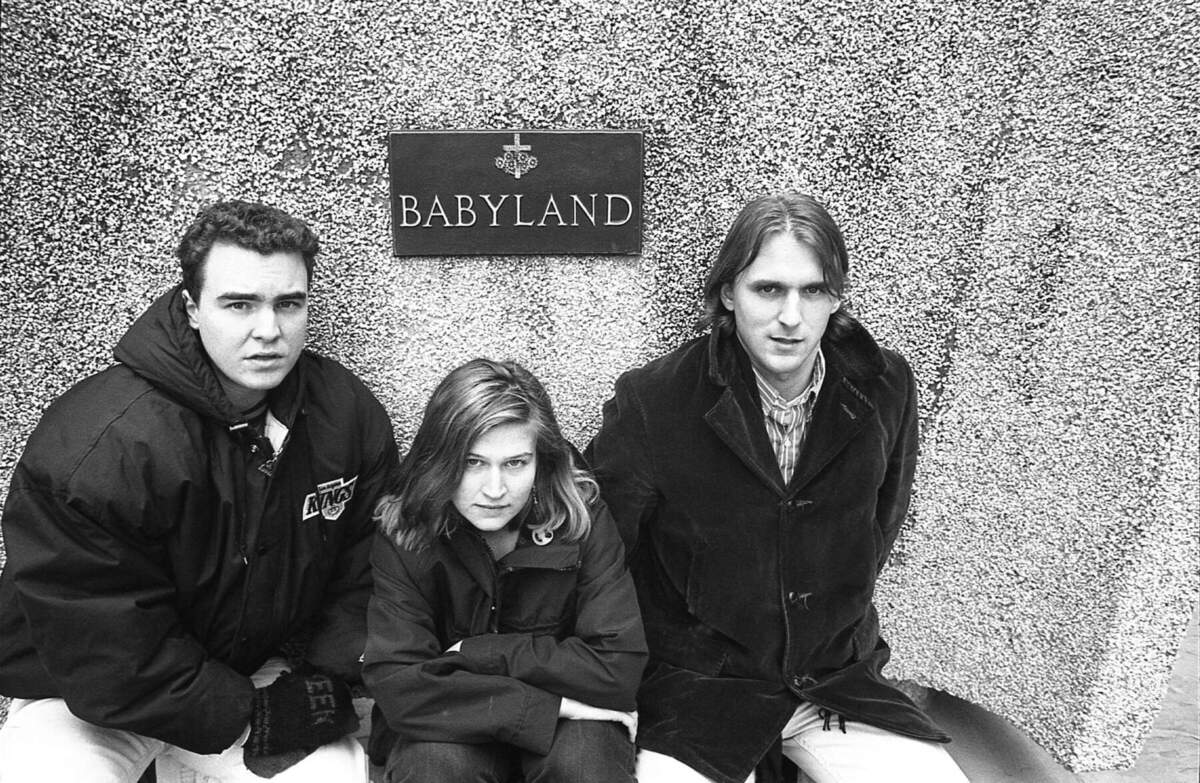Vinegar | Interview | “German Underground Monster from 1971”
Vinegar was a Cologne based underground rock band that released a sole album in 1971.
Their psychedelic sound is filled with experimentation. From a Floydian atmosphere with long instrumental tracks to vocals that resemble Nico at times. Their 1971 album is one of the most interesting grails of underground rock and was pressed in really low quantities.

“Without music, life would only make half as much sense”
Are you excited about the Garden of Delights reissue?
Ralf Modrow: Yes, I’m really looking forward to the new edition. The newly designed insert for the record sleeve contains over 20 pages, in addition to large-format photos, and a lot of previously unpublished information about the band Vinegar and their history.
How did you first get interested in music and what would you say were some of the early influences that got you interested in music?
My first long-playing record was ‘With The Beatles,’ I listened to it over and over again. I was about 13 years old at the time. Radio Luxembourg, especially the medium wave English-language station, was my preferred source of music. Later I especially loved the music of Jimi Hendrix, Vanilla Fudge, Deep Purple but also of Free and of course Bob Dylan, whose songs were the first that I could replay on the guitar and sing along to.
When did you become interested in organ playing?
After I had already played guitar in a few bands, I bought an inexpensive Ace-Tone organ around 1967 and started practicing a few pieces on it. In the following bands I only played the organ, and in Vinegar I played on a self-assembled Dr. Böhm organ, which sounded significantly better than Ace-Tone’s.
Were you in other bands before Vinegar began?
I have played in various bands since I was around fifteen years old. Mention should be made here of Silly Season, The Emeralds and Circle, before I joined Vinegar at the beginning of 1970. Rolf Zwirner, who went to the same school as me, was already a member of Vinegar and had brought the band to my attention.
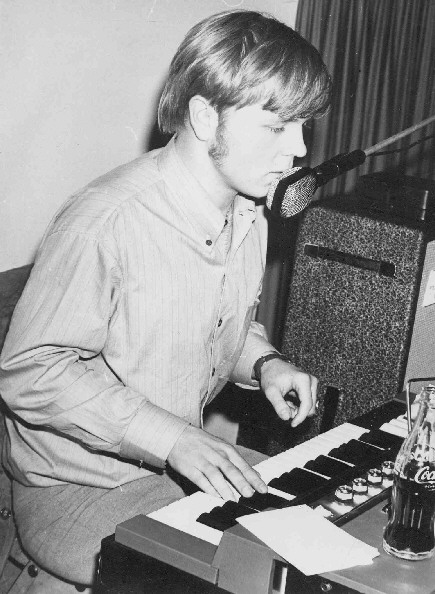
What was the scene in Cologne like back in the 60s? Were there a lot of “hippies” and beatniks around?
It was the time of boys with long hair, of performances by well-known bands in the sports hall and exhibition hall 8 (The Rolling Stones, The Who …), of open-air happenings, discos and trendy bars, as certainly in other large cities with universities.
When was Vinegar officially born? What’s the story behind the band name?
As far as I know from stories, the band started in November 1968. Founding members were Wolfgang Grahn, Jochen Biemann and Bernhard Liesegang. They chose Vinegar as the name of the band, probably because they didn’t want to play sweet stuff.
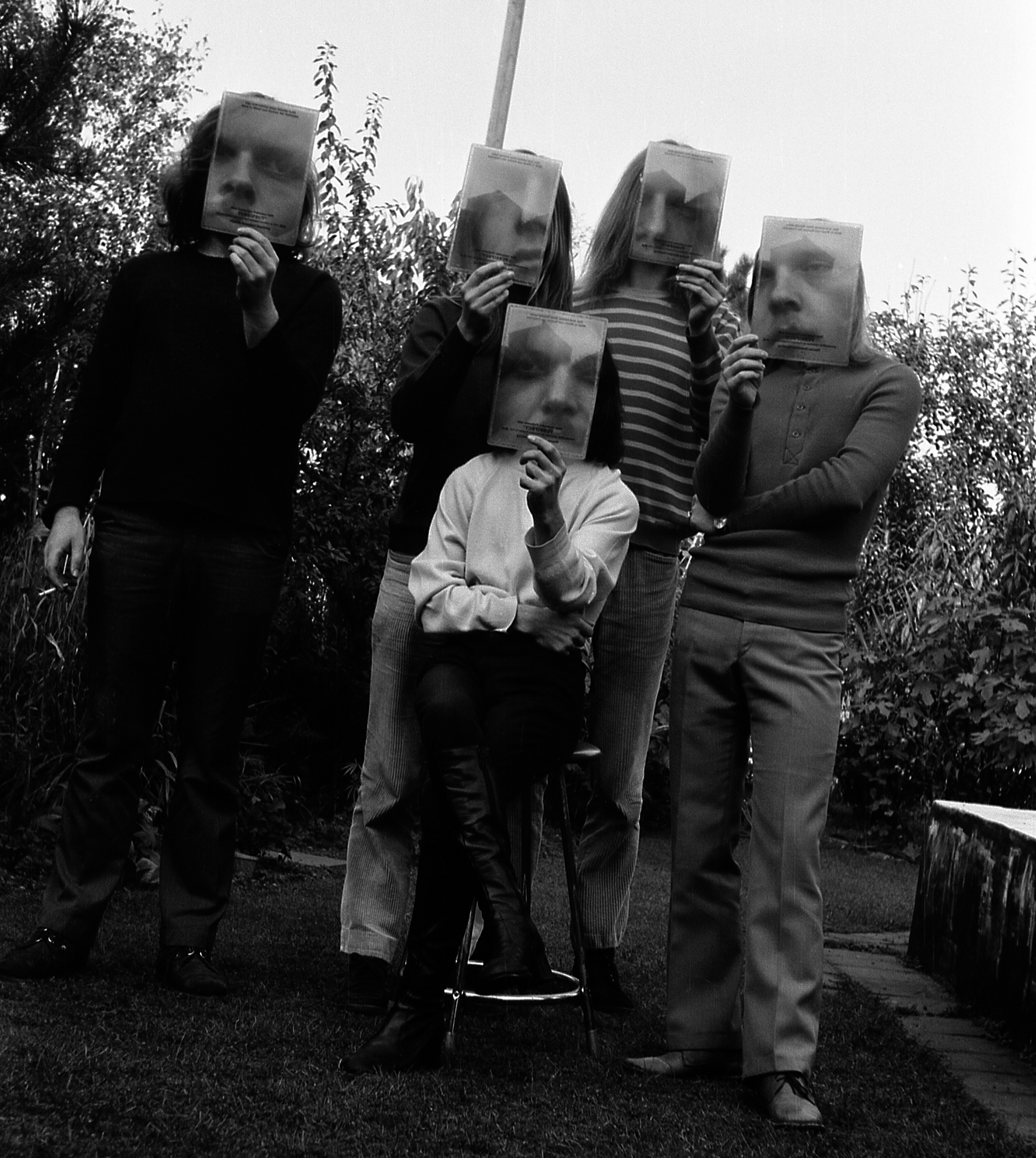
What did your repertoire consist of early on? Did you play a lot of shows? What are some bands you shared stages with?
Vinegar only played their own compositions, no cover pieces. I can only remember three performances in 1970, there were probably a lot more in 1969, but I can’t say anything about that because I wasn’t in the band at the time.
“We used inexpensive equipment that was partly self-built”
Tell us about your instruments and amplifiers and other gear you had in the band?
Since we didn’t have a lot of money as students, we used inexpensive equipment that was partly self-built (for example my organ and amplifiers, the distortions for the guitars…). The guitars and bass were painted black, so I can’t say anything about their brands, but they certainly weren’t very expensive instruments either. Wolfgang Grahn bought the drums used. Also worth mentioning is Rolf Zwirner’s violin and a wind instrument, probably a kind of French horn, which Bernhard Liesegang sometimes blew or through which he also “spoke.” Also a recorder, played by Dagmar Dormagen.
When did the band begin playing together and for how long were you together?
Vinegar were formed in 1968 and split up in 1971.
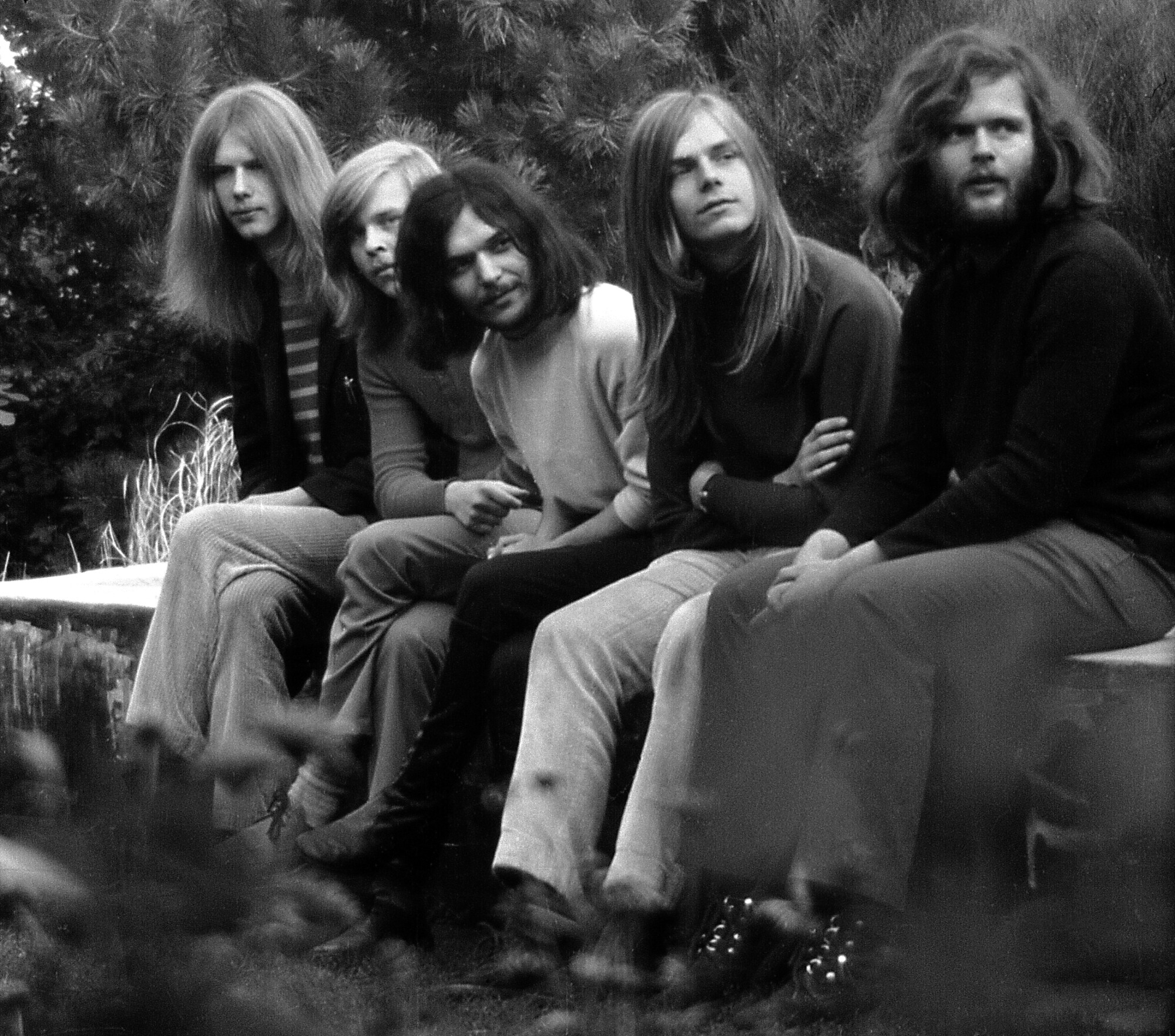
Did you have a manager?
No.
What are some of the most memorable shows for played?
The performance on October 11th, 1970 together with other groups from the Cologne area at the “Pop Festival in the Action Center” at the Photokina trade fair, Cologne-Deutz, Hall 14. In the associated competition, Vinegar came in third place and that was ultimately the starting point for recording the long-playing record in 1971.
The performance on December 12, 1970 in the student bar “Tabernacle”. Recordings of this performance, in which some pieces were played that are not on the LP, can be heard on the music page of the band’s homepage vinegar-music.de.
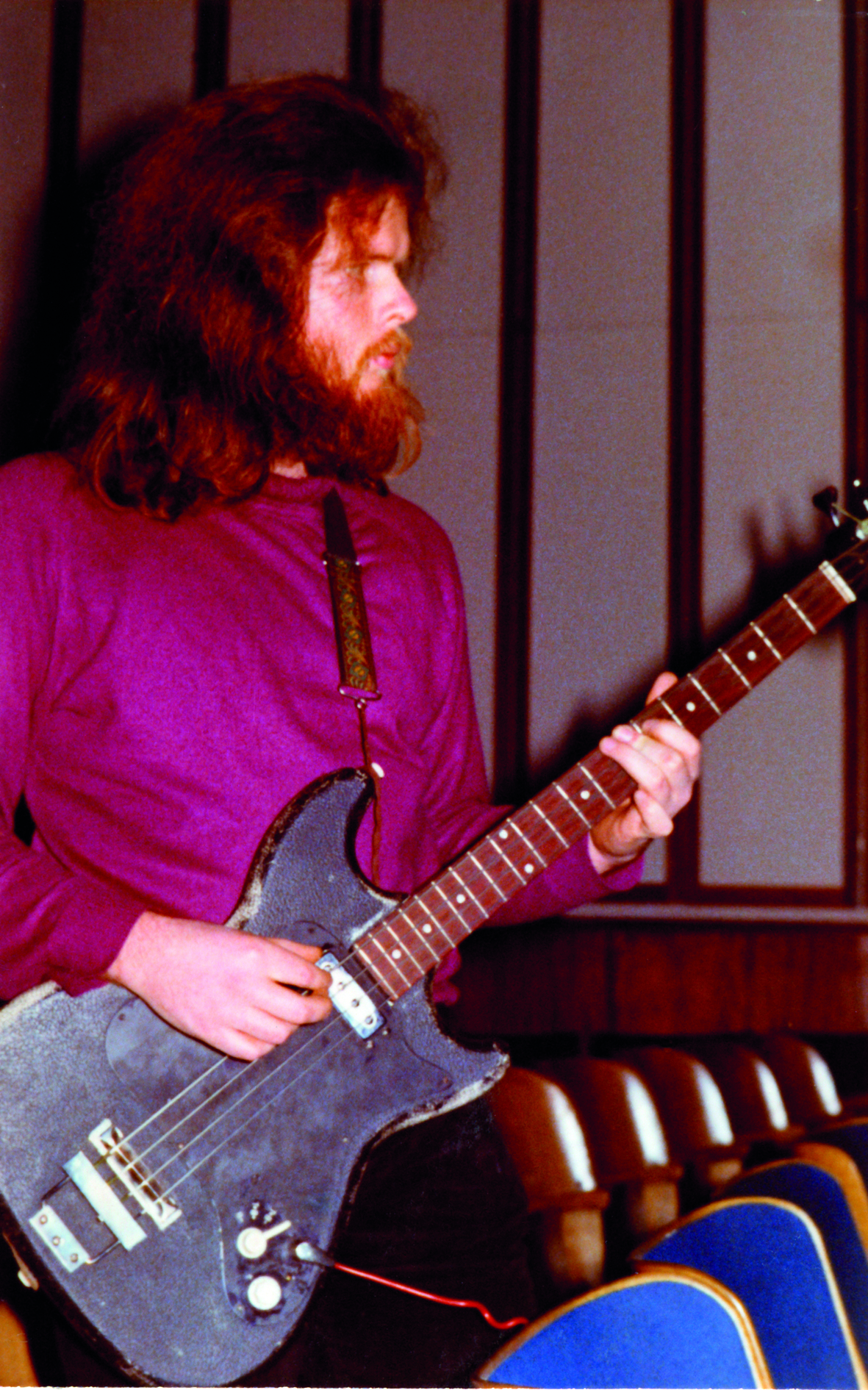
Tell us about the recording of your debut self-titled album released via wp. Was this a self-release or did the label actually invest in recording this single? Did you get any local airplay or press when the single was out, or was it more of a 45 to be sent to labels that might be interested in singing you?
The Phono Verlag Werner Purrmann (WP) covered all costs of producing the Vinegar LP, including the rental costs of the van for the journey and the costs of accommodation for the band members. On the occasion of the release of the LP there were a few articles in the local press in Cologne, which are also shown on the Vinegar homepage and the LP insert.
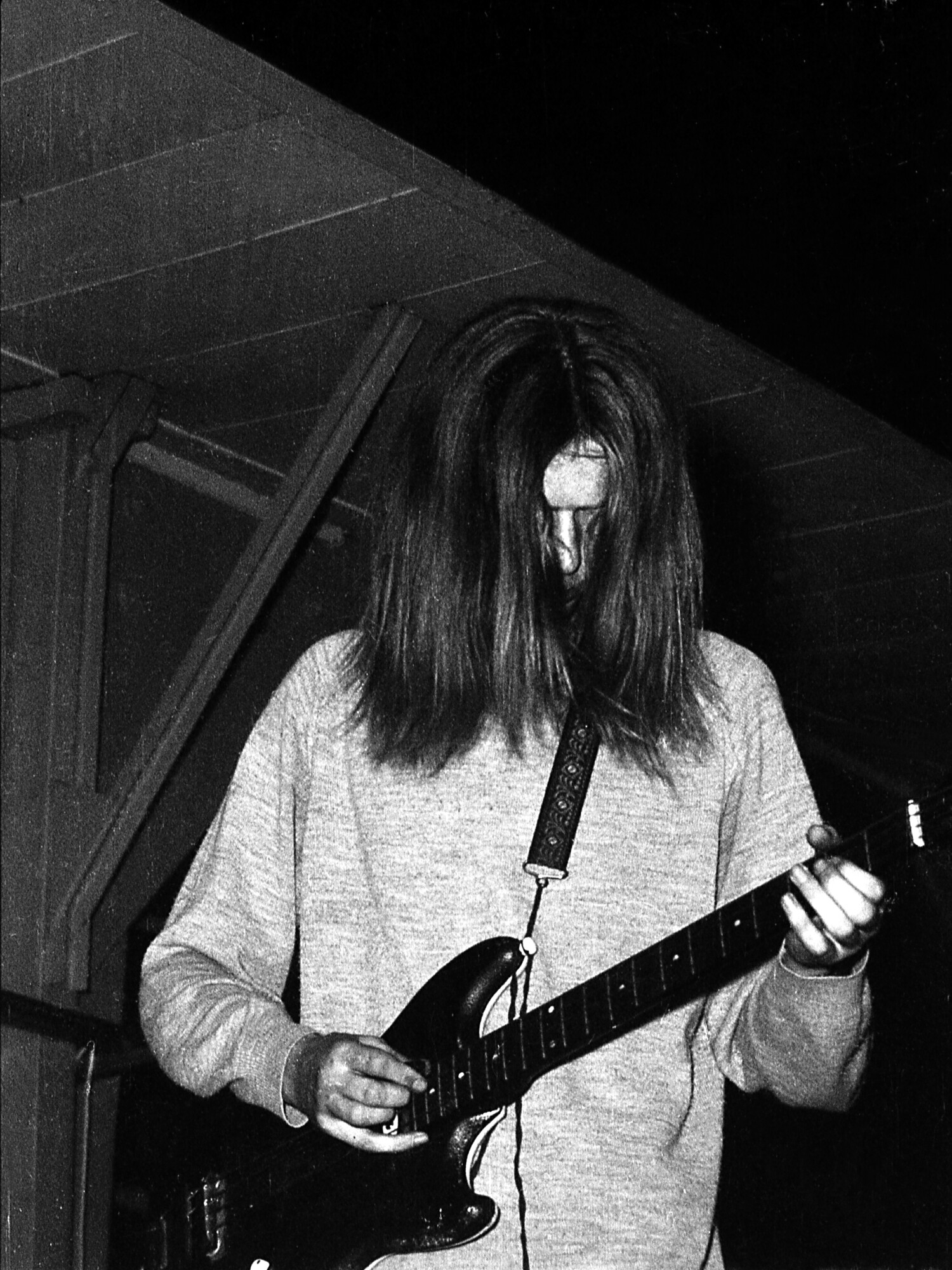
Who was Werner Purrmann?
Werner Purrmann was the owner of the Phono Verlag Werner Purrmann (WP) and father of Günter Purrmann, a friend of the band, who told his father about Vinegar after their performance at the “Pop Festival in the Action Center” at the Photokina trade fair. This ultimately led to the production of the first and only long-playing record with music by Vinegar.
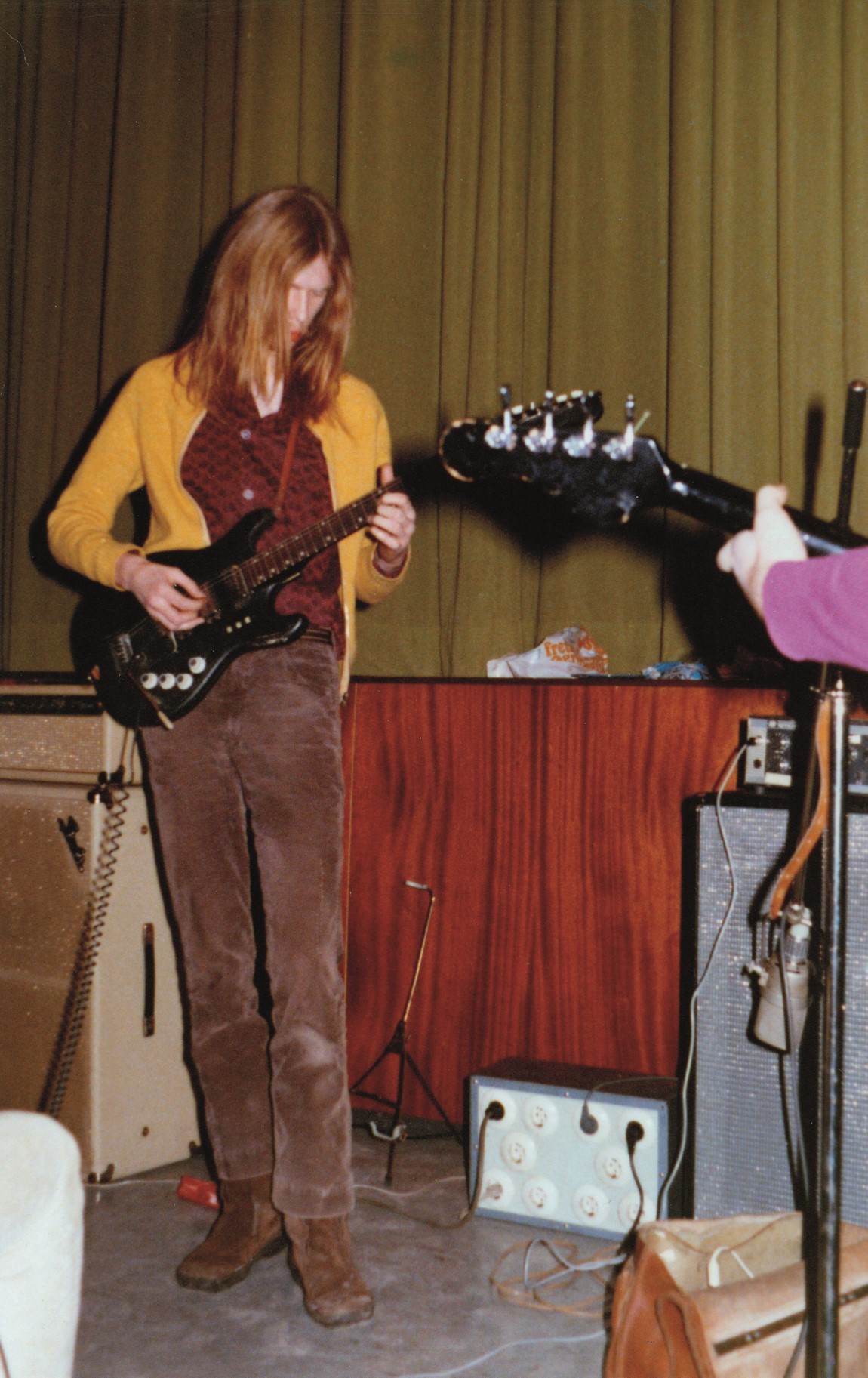
Where did you record it? What kind of equipment did you use and who was the producer? How many hours did you spend in the studio?
As I remember it, the LP was recorded on January 9th and 10th, 1971 in the Rottenburg recording studio. The producer was Werner Purrmann and the sound engineer was Kurt Schuh. The studio technology was located in a room behind the auditorium of a cinema. Both rooms were connected by a glass pane. The band members themselves were positioned in front of the stage of the cinema, the amplifiers used for the recording were borrowed from a local band. It must have been around 15 hours in total that we spent in the studio recording.
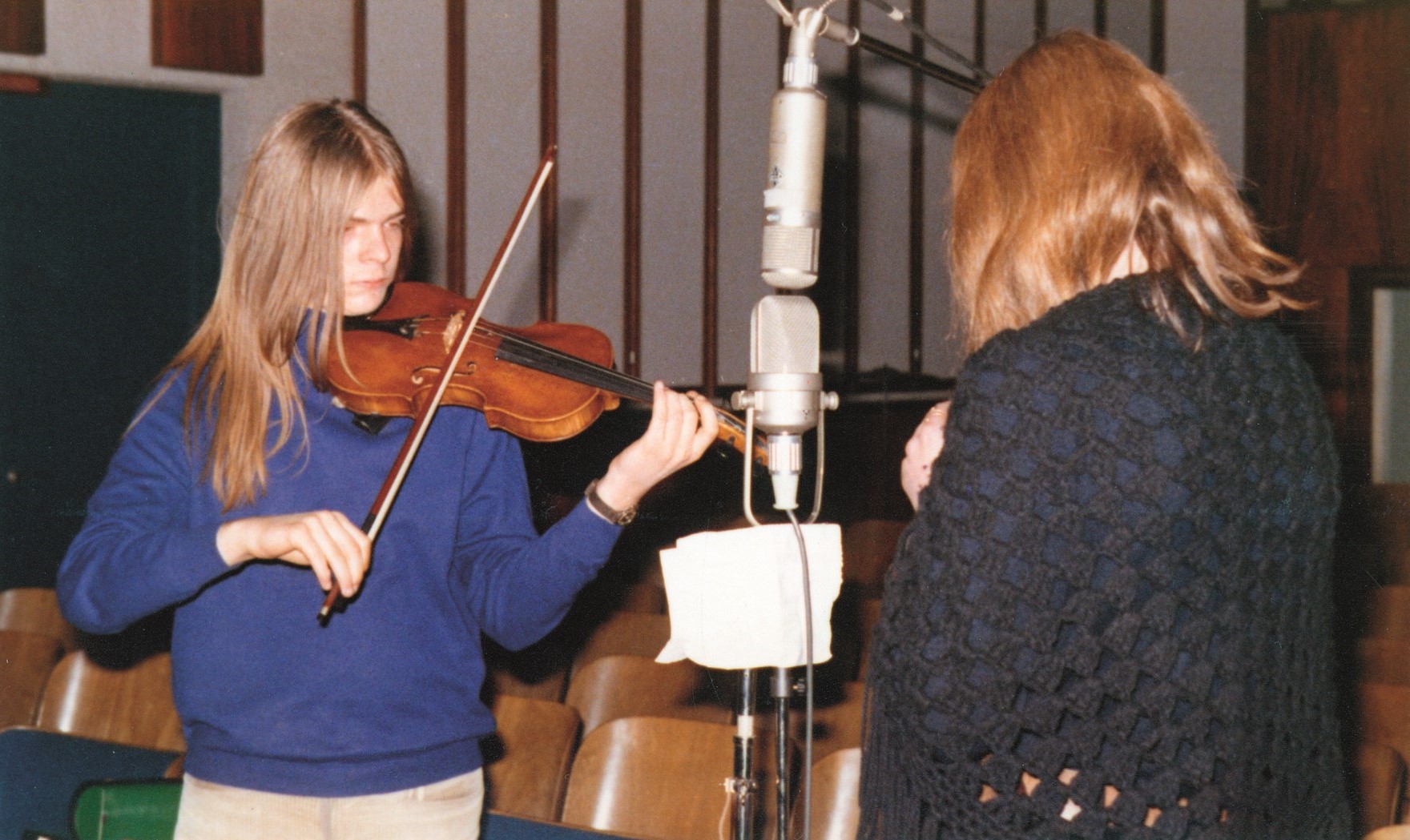
Please share your recollections of the sessions. What were the influences and inspirations for the songs recorded?
The recordings took place in an overall relaxed atmosphere, albeit under a certain amount of time pressure. Vinegar’s songs were certainly influenced by the zeitgeist of the late 60s. Some are compared to Amon Düül II, Pink Floyd or described as garage underground progressive style (Cosmic Dreams at Play by Dag Erik Asbjørnsen (Glasgow 1996)). In my opinion, there was no conscious reference to the sound of a specific band or style of music, which also explains the diversity or difference of the individual pieces.
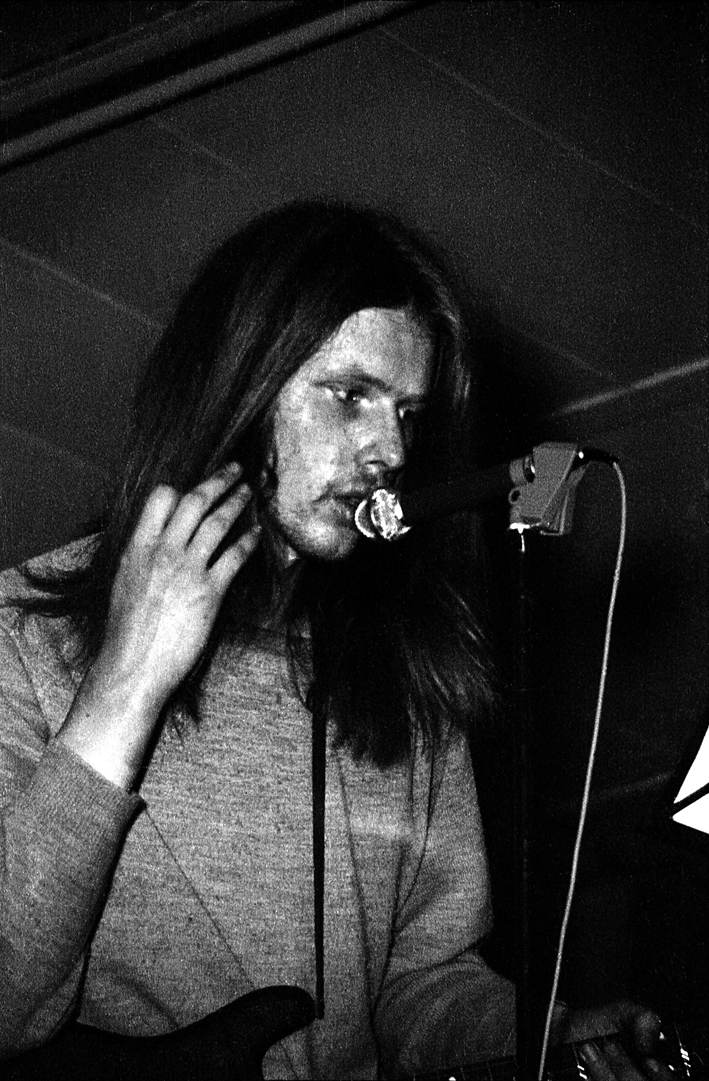
What was the songwriting process like for the band? What inspired songs?
Individual band members’ more or less concrete ideas for songs were developed and expanded upon during joint rehearsals, with everyone generally being responsible for shaping the contribution of their instrument. It was not uncommon for songs to be added to or changed over time. Singing was more of a stylistic device and was not intended to convey certain content or messages, which is easily recognizable from the lyrics.
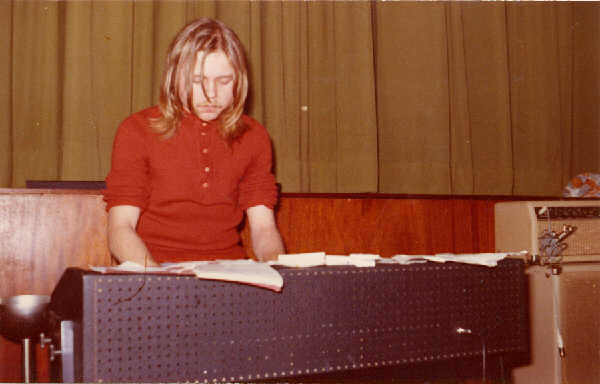
What followed for the band after the album was out?
In 1971, soon after the LP’s release, the band split up. I cannot say for sure whether the reasons for this lay more in increasingly different opinions about further musical development or in changes in the private and professional spheres
In a way, the LP ‘Vinegar’ could also be described as the band’s legacy.
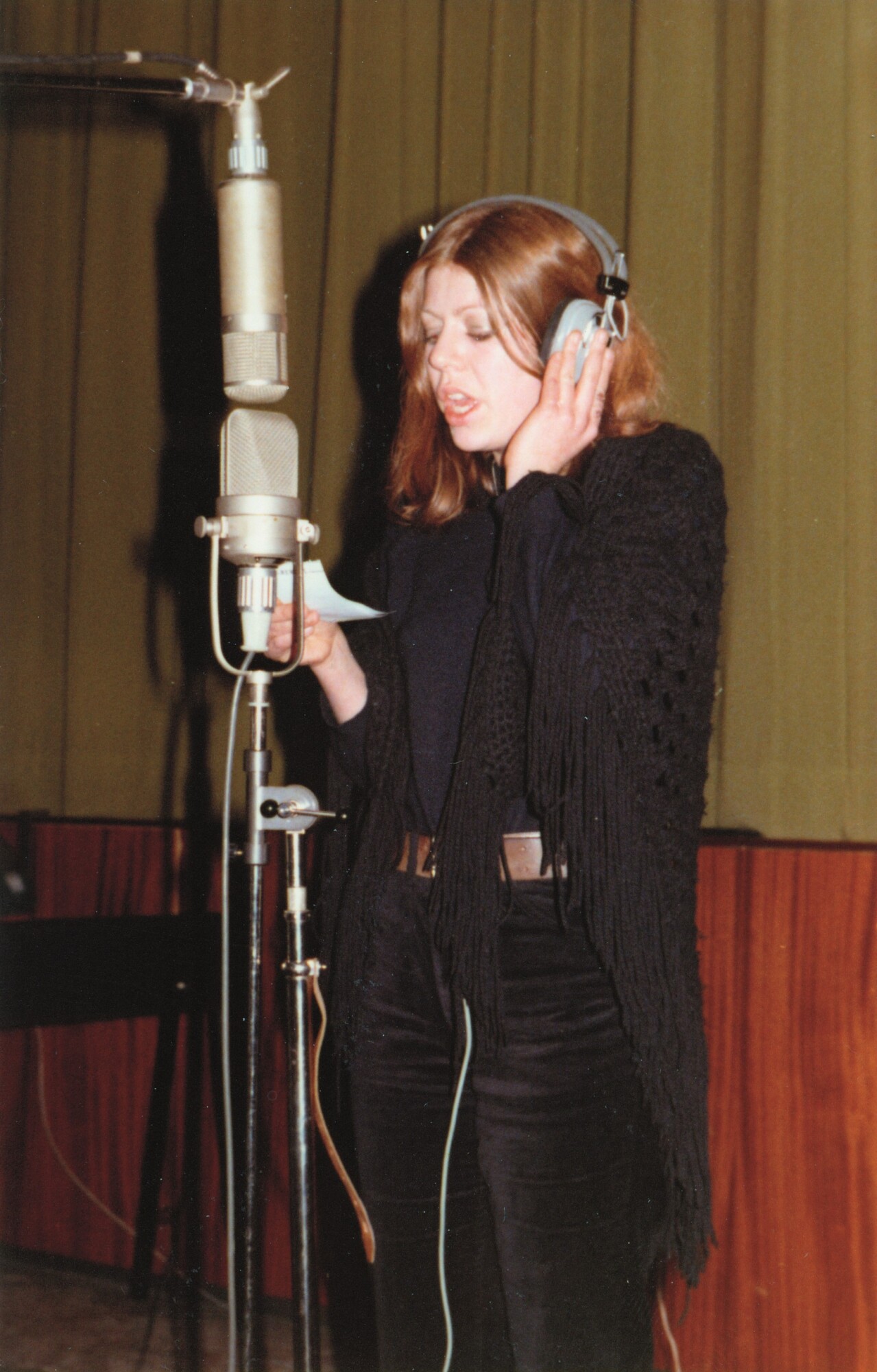
Was there a plan to record more back then? Are there any unreleased material or material that you didn’t record back then, but were newly written at the time?
There were no further plans for recordings. Some of Vinegar’s pieces that are not included on the LP can be heard as recordings of the gig at the “Tabernacle” on December 12, 1970 on the band’s homepage vinegar-music.de. There you will also find a number of photos that were taken during the recording of the record.
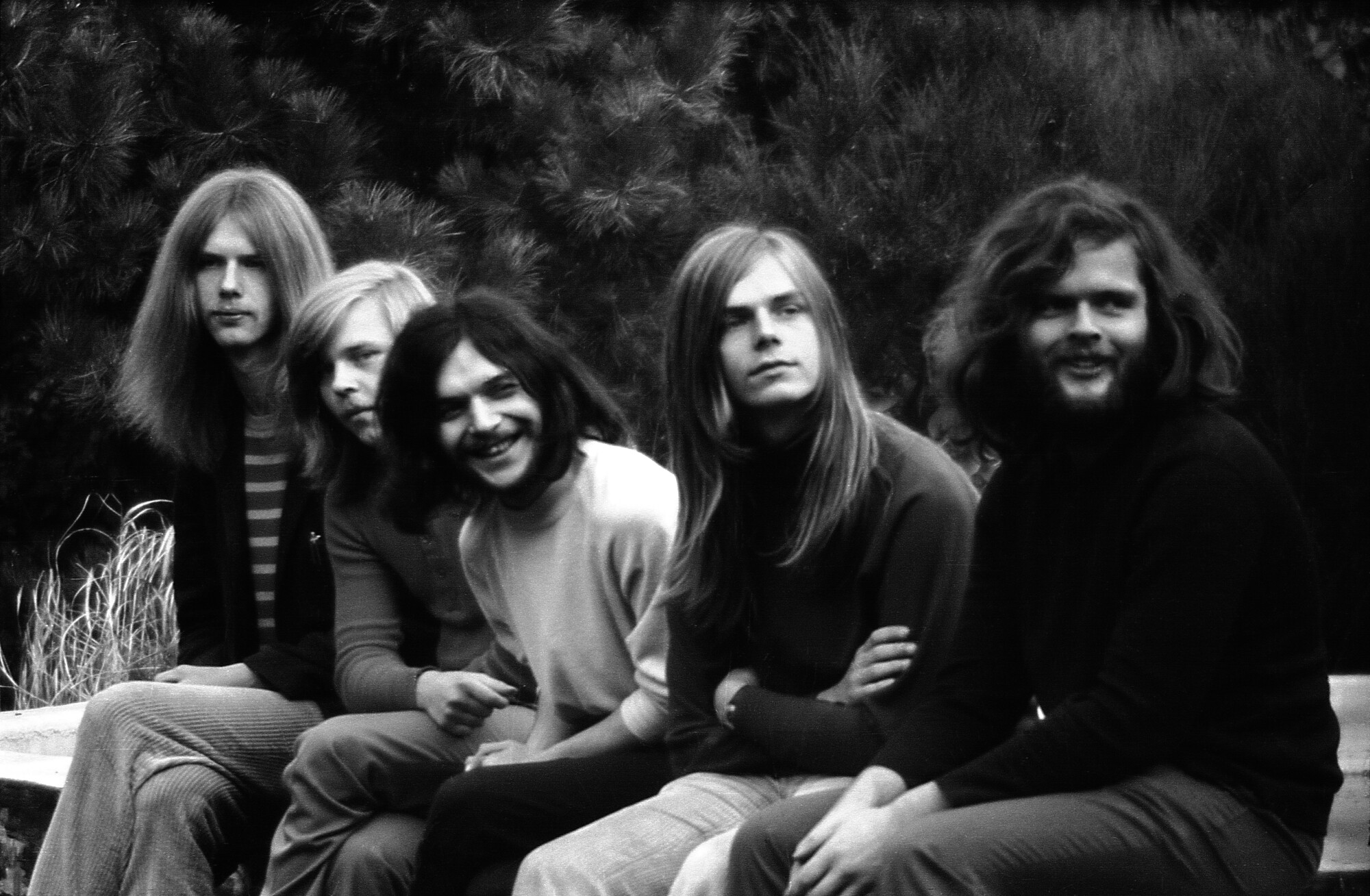
Did any member participate in any other bands back then? Or later in the 70s?
Rolf Zwirner continues to be active with his own music projects and as a music teacher.
I have been playing in a few bands as a keyboard player since 1997. If you want, you can find out more about it at soulstuff.de.
What occupied your life later on?
After graduating from high school and breaking up with the band Vinegar, I worked, among other things, as a teacher for transcendental meditation and in nursing, then studied medicine, started a family, and worked as a doctor and psychotherapist in clinics and practices until 2020. Sporadic member of various band formations since 1997.
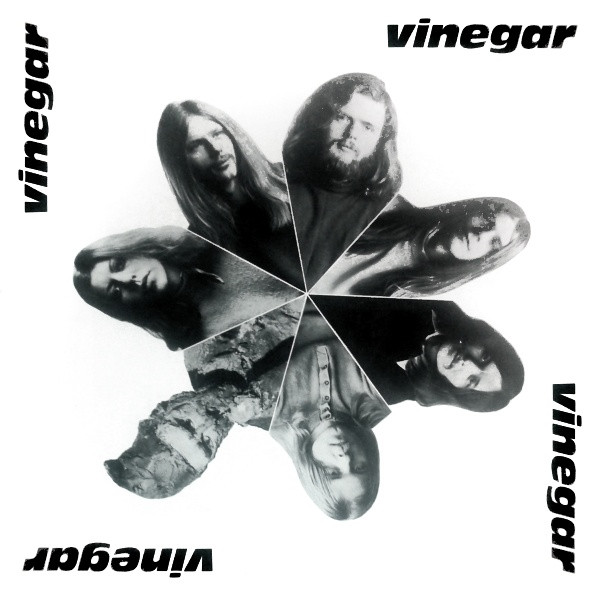
Did you stay in touch with members all these years?
On the occasion of the re-release of the Vinegar LP as a CD by Garden of Delights in 2004, there was a meeting of most of the band members in Cologne, then again on October 22, 2006 in the Liesegangs’ house, where the band rehearsals had taken place. Otherwise there were rather sporadic contacts, mostly by e-mail or telephone, concerning agreements regarding the new editions of the LP or the content of the homepage.
Looking back, what was the highlight of your time in the band? Which songs are you most proud of? Where and when was your most memorable gig?
Since I only joined last year before the band broke up, my memories mainly concern the performance as part of the band competition at Photokina and the band’s last performance at the Tabernacle. Joint “expeditions” to the carbon dioxide sources in the Eifel or the nearby Königsforst forest are also pleasant memories. My favorite songs on the LP are ‘Missi Solis’ and ‘Fleisch,’ especially Rolf’s guitar solo at the end of ‘Fleisch’.
What are some of your favorite memories from Vinegar and the 60s/70s in general?
A difficult question to answer. For years, especially during my studies, I listened almost exclusively to classical music, especially Bach, Schubert and Brahms. What has accompanied me through all these years has been my interest in music and also the life stories of singer/songwriters such as Bob Dylan, Cat Stevens, Joan Baez, Leonard Cohen, Passenger… This might sound strange if you only know my organ playing on the Vinegar LP, but the guitar was my first instrument and I have rediscovered it in the last few years. The combination of catchy music that can be played with simple means and meaningful lyrics is what particularly appeals to me.
What currently occupies your life?
I am now professionally retired and have more time to make music and explore new styles.
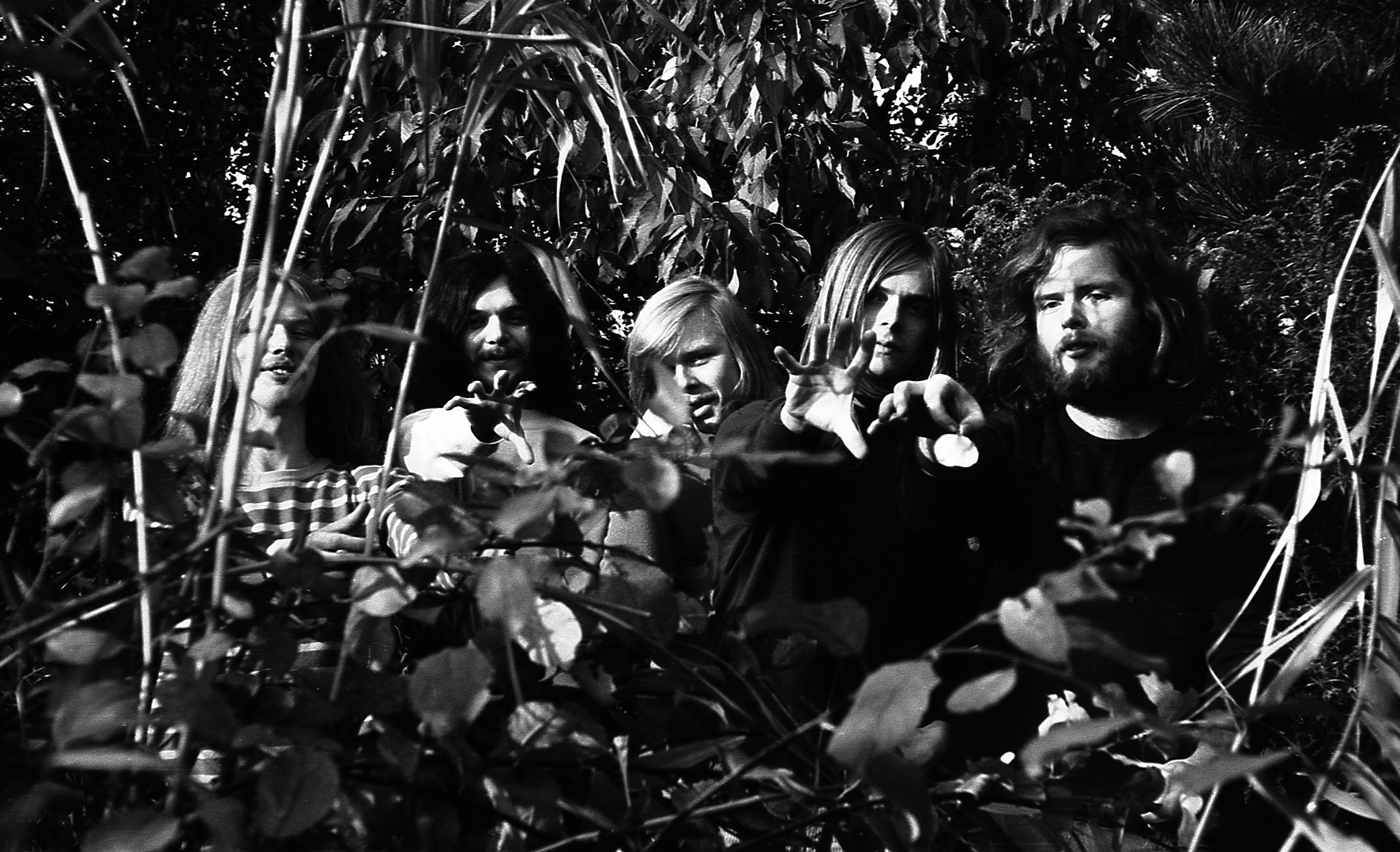
Thank you for taking your time. Last word is yours.
Thanks for the interview and best wishes to all music friends. Without music, life would only make half as much sense.
Klemen Breznikar
Headline photo: Vinegar promotional photo | Bernhard Liesegang, Rolf Zwirner, Jochen Biemann, Wolfgang Grahn, Ralf Modrow | Photo by Georg Biemann
Vinegar Official Website

